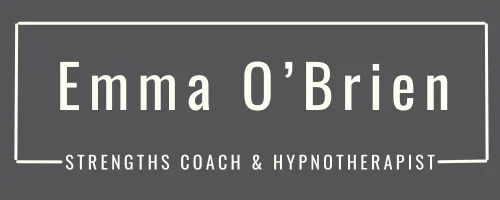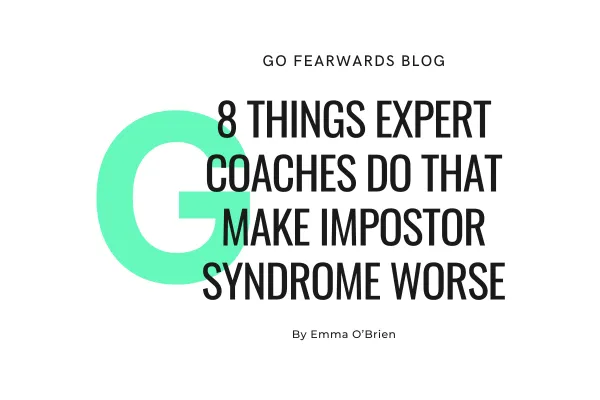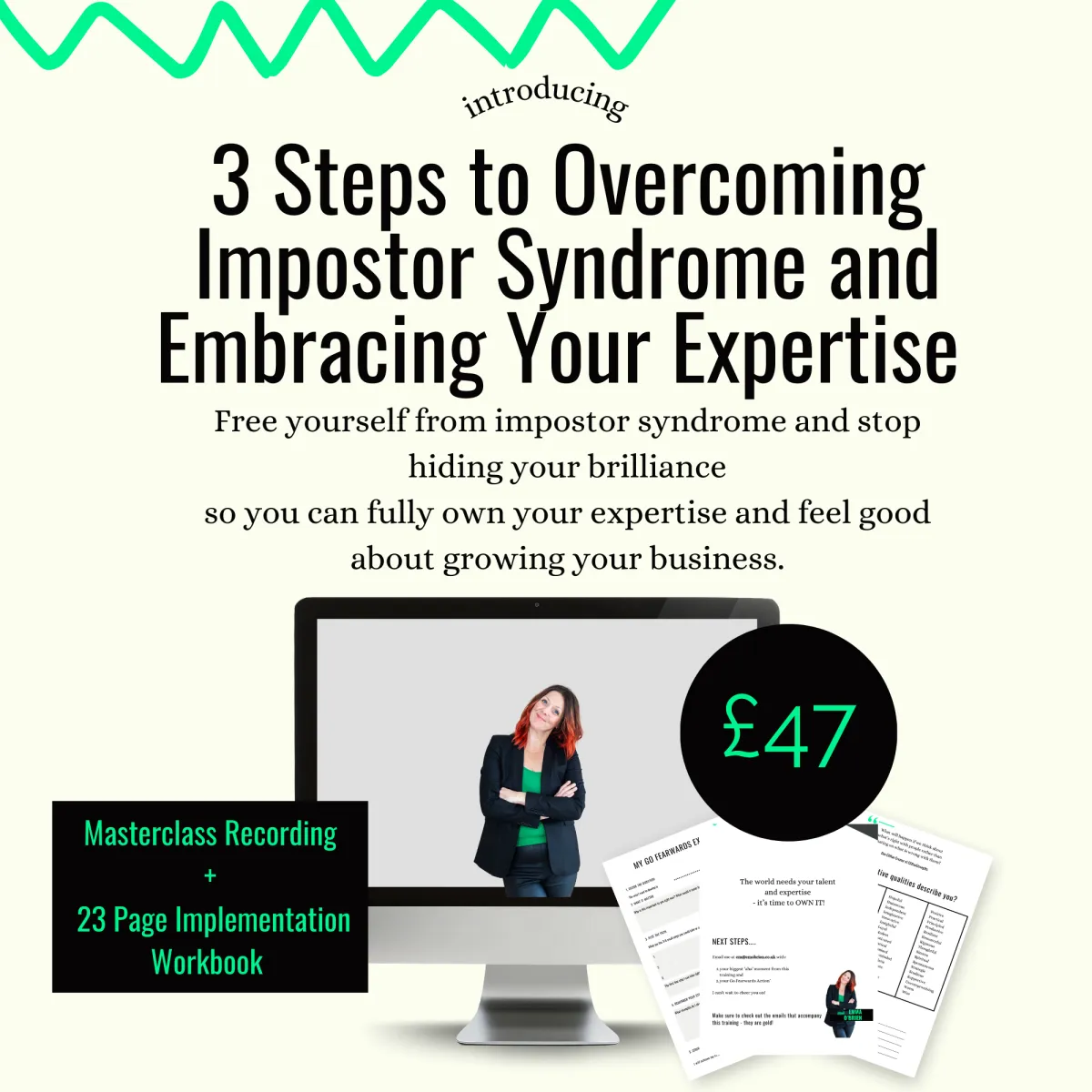

8 Things Expert Coaches Do That Make Impostor Syndrome Worse
Impostor syndrome can be a pervasive issue, even among the most accomplished specialist coaches. Despite their expertise and achievements, many still grapple with self-doubt and fear of being exposed as frauds, ever heard of ‘new level , new devil’? With every new level impostor syndrome can make an unwelcome appearance. While being ambitious and wanting more in our business is commendable, certain habits can inadvertently exacerbate impostor syndrome. Here are eight things expert coaches do that make impostor syndrome worse:
Constantly Comparing Yourself to Others
It’s natural to look at peers for inspiration, but constant comparison can be so detrimental. By focusing on others' successes, coaches often downplay their own achievements and reinforce feelings of inadequacy. Every coach is unique, they have their own blend of natural talents and strength and so do you, comparing yourself to others undermines your individual strengths and accomplishments and takes your eye from how to develop your own strengths. Also, everyone’s life experiences are unique too, you have no idea what’s going on beneath the Instagrammable surface. We only ever ‘cherry-pick’ the best bits from what we see, it’s only ever an illusion so it really is worth creating the discipline to not engage in it and to focus in stead on creating your own lane, and sticking to it.
Downplaying Your Achievements
Expert coaches might attribute their successes to luck or external factors rather than their own skills and hard work. This tendency to downplay achievements prevents them from internalising their successes and recognising their true capabilities. Look out for subtleties in your thinking that downplay your role in your own success such as thinking that opportunities and clients seem to come out of nowhere. No, you had a hand in making that happen one way or another! Celebrate your wins, big and small, as a testament to your expertise and effort.
Seeking External Validation
While external feedback is valuable, relying solely on it for validation can be harmful. Coaches who depend on others' approval to feel competent may find their confidence wavering with any negative feedback. Develop self-validation techniques to affirm your worth and abilities independently.
Setting Unrealistic Standards
Perfectionism can drive coaches to set unattainably high standards for themselves. When these standards aren’t met, it reinforces feelings of failure and inadequacy. Strive for excellence, but allow yourself the grace to be imperfect. Recognize that mistakes and imperfections are part of the learning and growth process.
Avoiding Challenges and Risks and also success
Fear of failure can lead coaches to avoid taking on new challenges or stepping out of their comfort zones. This avoidance not only limits personal and professional growth but also reinforces the belief that they aren’t capable of handling more. Look out for the urge to keep starting again or a feeling that you never quite get beyond a certain stage or have hit a ‘ceiling’ in your business; this might be a sign that you are subconsciously holding yourself back. Embracing challenges as opportunities to learn and experiment and ultimately have fun and new experiences helps to improve your resilience.
Ignoring or Suppressing Feelings
Many coaches try to suppress their feelings of self-doubt, hoping they will go away. It’s understandable because as coaches we put pressure on yourself to always be OK and to ‘have it all sorted out’, but of course we are only human too. Ignoring these feelings often makes them stronger over time. Feelings are messengers and if we push them down they tend to regroup and come back stronger until we listen. Accept the feeling that you’re feeling, acknowledge what you’re feeling and articulate it, not in a dramatic way but in a true way and then ask your mind questions that will help you to support yourself through it? . I'm feeling a bit uncomfortable about giving this presentation, and that’s OK. What will help me feel more comfortable? Often time it’s about making whatever we are about to do feel more familiar, so visualising and practicing are all good strategies.
7. Overworking to Prove Yourself
In an attempt to compensate for their perceived inadequacies, some coaches may overwork themselves, believing that working harder will validate their expertise. This approach can lead to burnout and further feelings of inadequacy when the excessive effort doesn’t yield proportional results. The problem with overworking and overprepareing is that when you get a good result there is a feeling of relief but achievement becomes associated with significant effort and a feeling that you ‘got away with it this time!’. Setting boundaries around what’s a reasonable amount of time and effort to spend on preparation will help you to have a more balanced approach between spells of hard work and being able to recognise your talent, skills and ability beyond simply productivity and sheer effort.
Isolating Yourself
Feeling like impostors can make coaches reluctant to seek support or share their struggles, leading to isolation. However, isolation can further intensify feelings of inadequacy. Impostor syndrome has a lot to do with not feeling good enough and not feeling like you belong, so connection with supportive others within your industry is really helpful. Connect with peers, mentors, or professional support groups. Sharing experiences and receiving support can provide new perspectives and alleviate feelings of isolation.
Conclusion
Impostor syndrome is a common challenge, even for expert coaches. By recognising and addressing these counterproductive habits and coping mechanisms you can begin to dismantle the self-doubt that holds you back. Embrace your expertise, celebrate your achievements, and allow yourself the grace to grow through imperfection and experimentation. Remember, every coach has moments of doubt, but it’s how you navigate these moments that ultimately define your journey and success.
Read Next: Top Strategies For Overcoming Impostor Syndrome In your Coaching Business

Get Go Fearwards Friday delivered straight to your inbox
I agree to terms & conditions provided by the company. By providing my email address, I agree to receive emails from Emma O'Brien.
© Copyright 2022 Business Name.
